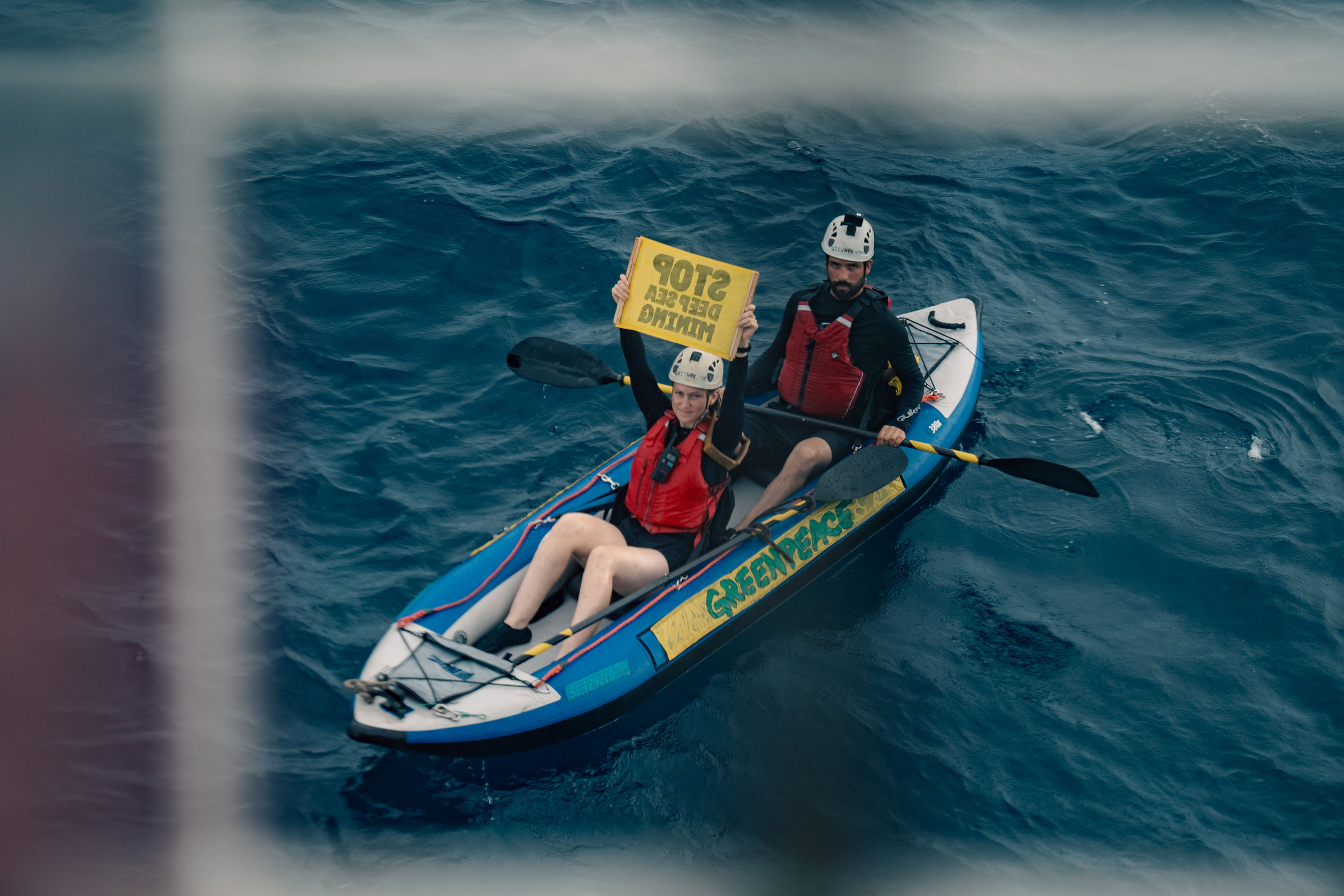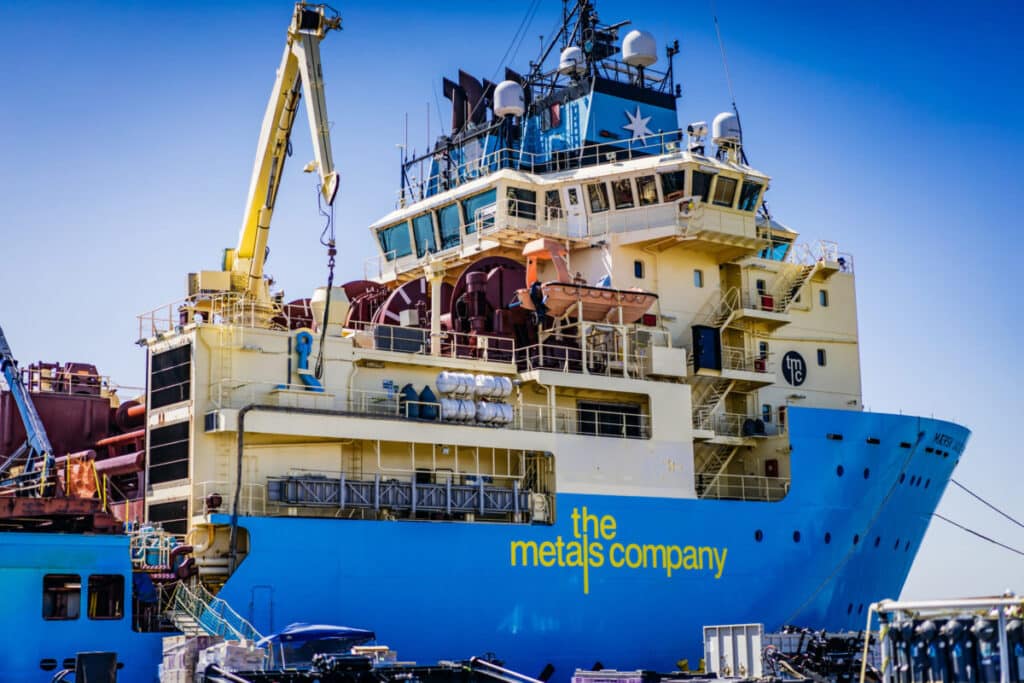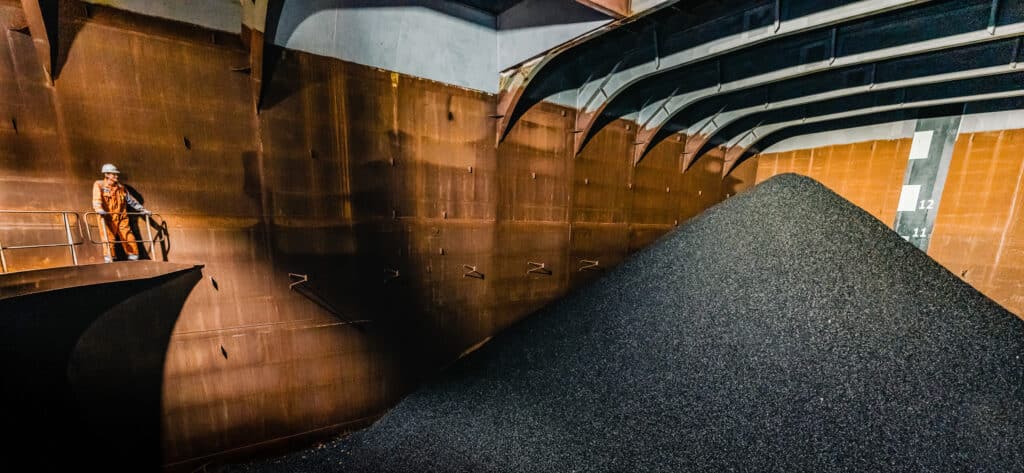The exploration contract granted to The Metals Company’s (TMC) subsidiary Nauru Ocean Resources Inc. (NORI) by the International Seabed Authority (ISA) legally requires us to conduct environmental and scientific research, studies which are contributing to society’s collective knowledge of the deep ocean. All of the ISA’s 168 Member States plus the European Union — even the minority of those calling for a pause or moratorium — have stated that any decision must be based on evidence and data, and have called for more scientific research on the impacts of collecting polymetallic nodules from atop the seafloor. We have heeded those calls and are doing that science.
On November 23rd, Greenpeace began actively disrupting our scientific operations, hindering the exact scientific work that was asked for by ISA Member States and at the request of the Legal & Technical Commission that will review our application. Since then, Greenpeace’s disruptive actions have escalated with the explicit aim of stopping the science by, in their own words, “disrupting [our] attempt at collecting data”. On November 25th, Greenpeace illegally boarded our vessel in a manner that puts our crew and theirs at serious risk, disrupting the research of dozens of scientists.
Greenpeace, which currently has observer status at the ISA, previously called for more science. However, despite ours and others’ efforts to conduct this science, they have shifted from advocating for evidence-based decision-making. They now assert that deep-sea mining should not proceed, and that rather than allow the ISA to fulfil its mandate of delivering final rules, regulations and procedures, Greenpeace should decide whether this industry can proceed. As they would have it, theirs is the only voice that matters and the science must stop, as though they are afraid that the in-field observed data analyzed by independent scientists — some of which we shared in a recent public webinar — contradicts their misleading assertions about potential impacts of collecting nodules.
Their actions are anti-science, dangerous, illegal and directly challenge the spirit of multilateralism codified by the United Nations Convention on the Law of the Sea and the rules that all ISA Member States have agreed to follow. We will use all legal measures available to us to protect the rights of our stakeholders and prevent this illegal activity.
We remain dedicated to collaboration and dialogue with all stakeholders, including environmental groups, as our CEO stated in a recent open letter to the ocean conservation community. We will continue our pioneering work to collect and openly share this important data with the world to enable informed decision-making.





